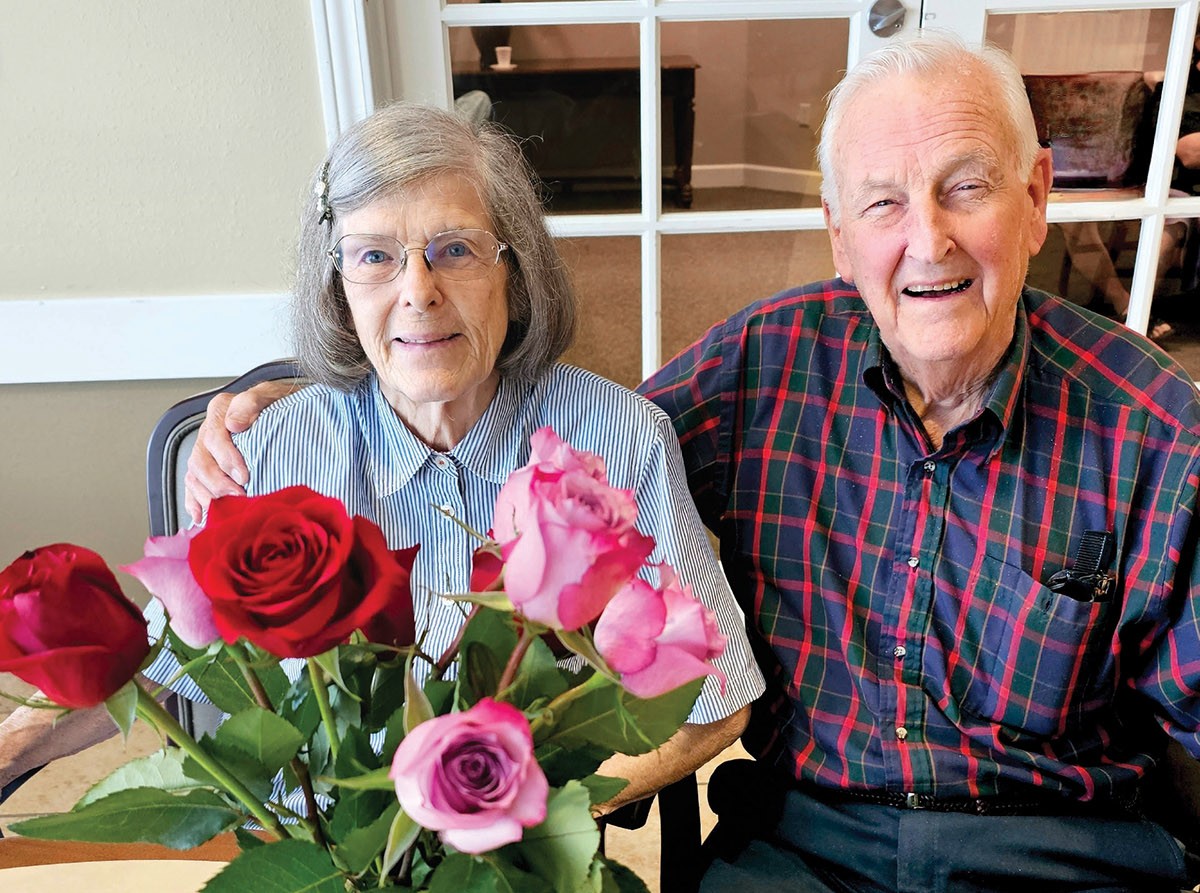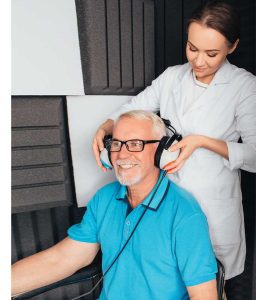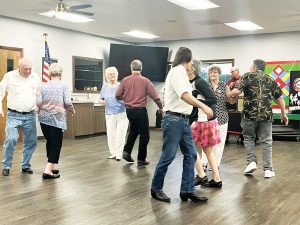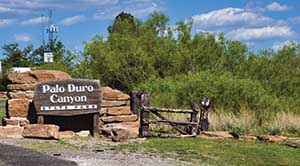Submitted by Sugar Creek Alzheimer’s Special Care Center
There are few words in our language that strike such a visceral reaction as “dementia.” Even when couched into less intimidating terms such as “cognitive decline,” or “impaired memory” the message is the same: life as we know it is changed on a dime. Whether the diagnosis is for you, or for a loved one, the path ahead will be wrought with challenges.
Each person’s reaction to the diagnosis is unique, and so is the journey. The avalanche of options to be considered, consultations to request, and decisions to be made can be overwhelming. Among the first consideration to tackle is typically centered around living arrangements. Most, but certainly not all, families consider aging-in-place to be the right solution. “We’ll move Mom into our home and take care of her.” While this may be an ideal situation for those in the early stages of decline, it may not be the best long-term living option. As the decline progresses, caring for a loved one at home may not be in their best interest and s/he may require more skilled assistance than a family member is qualified to supply. When the time comes to consider alternative options, the next big hurdle becomes choosing between an assisted living facility (ALF) with a memory care unit as part of their setup, or a stand-alone memory care center whose sole focus is on the care of people with cognitive decline issues. Each of these options poses a bevy of pros and cons to consider.
ALFs with an embedded memory care unit provide a living option for spouses where one lives in the ALF setting and the other (with dementia) often lives in a more secure, better-suited environment where their unique needs can be met. For individuals with mild to moderate decline, it may be possible for the spouses to reside together while still taking advantage of the memory care services.
In the ALF’s dedicated memory care unit, specialized care teams will assist the resident with their activities of daily living (ADLs) such as bathing, dressing, grooming, etc. Many of these units are secured (door alarms, access codes) so that the residents can move around the unit but cannot wander away from the facility. This arrangement allows closer interaction between spouses. The spouse living in the ALF can visit the other, may participate in memory care unit activities, and enjoy meals together. The ALF spouse is also able to take advantage of other activities/amenities offered by the facility that are suitable for ALF residents but not those in memory care. In almost all ALFs with memory care units, the clinical and the support staff are shared across all settings which provides an opportunity for continuity of care for residents transitioning from the ALF to the memory care unit. Often times programs are designed for those with and those without dementia to allow for varying functional levels. These facilities are often bigger and may focus on a specialized population (for example: military veterans and their families, or religious focus for a certain denomination). While their size provides expanded capacity for activities and events—as well as more residential options—the sheer size of some ALFs may be concerning to a person with cognitive decline who is transferring from home to the community.
A stand-alone memory care facility provides 24-hour skilled nursing and is almost always smaller in size with more of a home-atmosphere environment making it an easier transition from home to full-time care. In a stand-alone memory care community, the entire center is focused on the care of individuals with varying degrees of cognitive decline and typically has a higher staff-to-resident ratio. The design of the center is specially created to allow maximum freedom for the residents while remaining safe and secure. Floor plans of the community may include such features as interior courtyards where residents can enjoy being outside, gardening, bird watching, etc., while eliminating the safety concerns of wandering (a common challenge). All activities are developed to enhance the quality of life for the residents. The mindset of the clinical and the support teams is one of dementia-possible care. The abilities of those with dementia are often underestimated. The care teams in a stand-alone memory care facility are trained to provide the minimal necessary support to the resident to allow them to function safely within their environment at their highest possible potential maintaining and respecting the resident’s dignity is another main focus for all care team members. Individuals with dementia remain capable of many activities/tasks, especially if they are in the early- or mid-stages of decline. Care teams support those capabilities to the maximum extent possible.
To sum it up, what is the difference between an ALF with a memory care unit and a stand-alone memory care center? Simple: Dedication and options. While both settings will provide outstanding, personalized, and compassionate care for each resident, their primary focus points provide a clear difference.
Stand-alone communities are fully dedicated to caring for individuals with dementia and cognitive declines. Secondary conditions, such as heart disease, diabetes, Parkinson’s, and issues such as rehabilitation from surgery or recovery from illness, are monitored and managed as well.
ALFs with embedded memory care units provide options for all levels of function, from independent to hospice. As the resident ages, recovers from surgery, accident, or illness, is diagnosed with a chronic condition such as diabetes, heart disease, and Parkinson’s, or experiences cognitive decline, the level of care is adjusted as warranted. The ALF setting also allows for couples to remain somewhat together.
In a stand-alone, the focus is on memory care and other conditions. In an ALF, the focus is on all conditions with memory care being a segment of that care.
Sinceri Senior Living’s stand-alone memory care communities have dedicated their efforts to meeting the needs of residents with all forms of dementia. Starting before a resident moves into one of our communities, we develop a working partnership with the family to learn about the resident—their life experiences, hobbies, likes, dislikes, religious beliefs, wishes, etc. Collaboratively, the family members and Sinceri care teams develop a customized care plan for the resident with the focus of making each day meaningful and ensuring all specific requirements are met. Sinceri’s exclusive Meaningful Moments care program is designed to merge purposeful living with purposeful programming.
Meaningful Moments is designed to evolve to meet the needs of the resident as their cognitive ability changes over time. The adaptive nature of this program allows us to provide for all of our residents regardless of their disease stage.
Meaningful Moments focuses on engaging our residents where they are, allowing them to function safely within their environment at their highest possible potential. We achieve Meaningful Moments with all our residents through the five cornerstones of our program:
- Purposeful Programming
- Signature Dining
- Training, Education, and Retention
- Family Partnership
- Innovation and Wellness
Whether you are considering an ALF with an embedded memory care unit or a stand-alone memory care community for your loved one, key features you will want to consider include:
- Staff trained specifically in the best dementia practices
- A team that coordinates care with a person-directed approach
- Programs that encourage engagement of memory, physical, and social functions
- A nutritious and delicious dining program
- A welcoming and safe environment
- Individual residences that are inviting, have plenty of natural light and allow personalization
- Opportunities to socialize or to have privacy, when needed or wanted
- Availability of ongoing education and support for the families
- Individual care plans that ensure that your loved one will be supported in ways that promote meaningful connections and experiences.
Amenities that should always be present include:
- 24-hour staffing and supervision
- Skilled nursing and other medical care
- Passcode or lock-and-key security and alarm systems
- Assistance with activities of daily living (ADLs) such as bathing, toileting, and dressing
- Medication management
- Personal care services
- A minimum of three meals daily (snacks between meals are also often included)
- Routine housekeeping and laundry services
- Supervised activities (families are sometimes invited to participate)
And amenities that are great to have if possible:
- Secure courtyards or other outdoor spaces
- Supervised day trips (some facilities welcome family members on outings)
- Movie nights, holiday parties, and other events
- Salon and barbershop services (haircuts and styling, manicures, etc.)
- Support groups and educational programs for families and loved ones
- Exercise classes
- On-Site Physical, Occupational, and Speech Therapy
Finding the right solution for your loved one can be a daunting task. Many “what ifs” and “what would mom want” questions will consume your thoughts. At Sinceri, we want to help walk you through this decision process. We’ll help map out the various options, their benefits, and their pitfalls to help you reach the decision that is best for your loved one. At Sinceri, we create Meaningful Moments every day.










